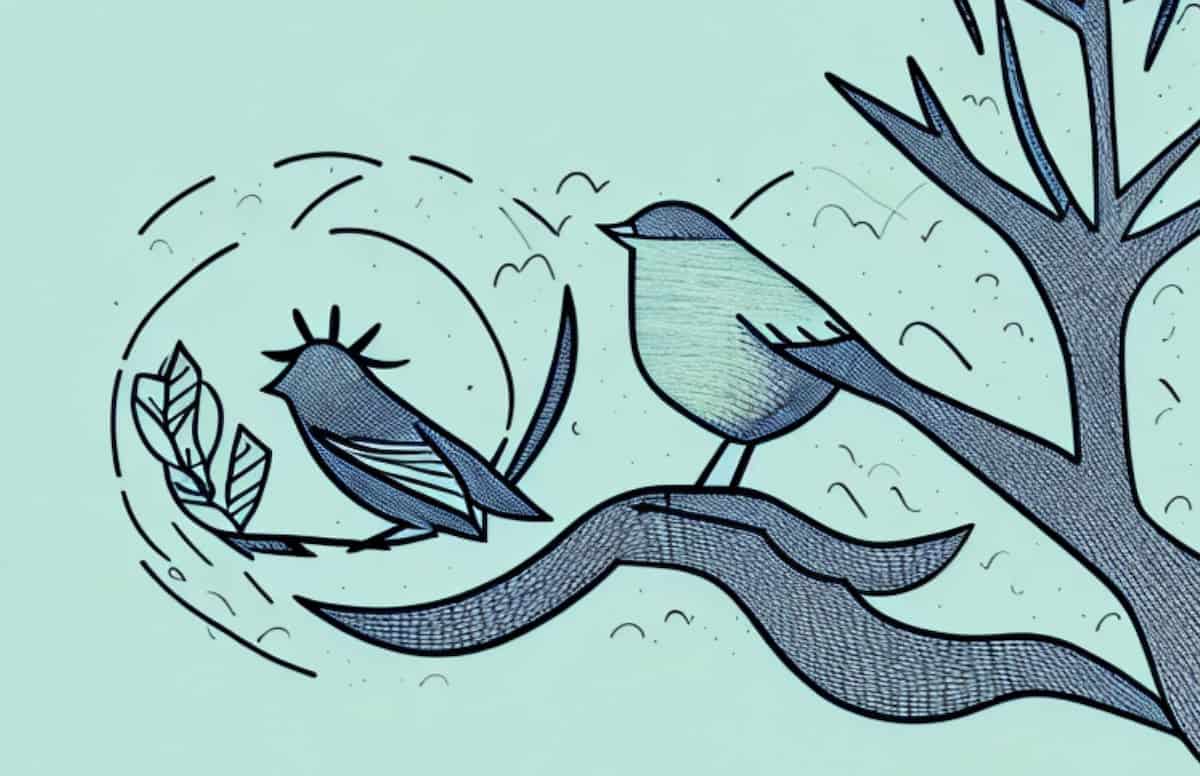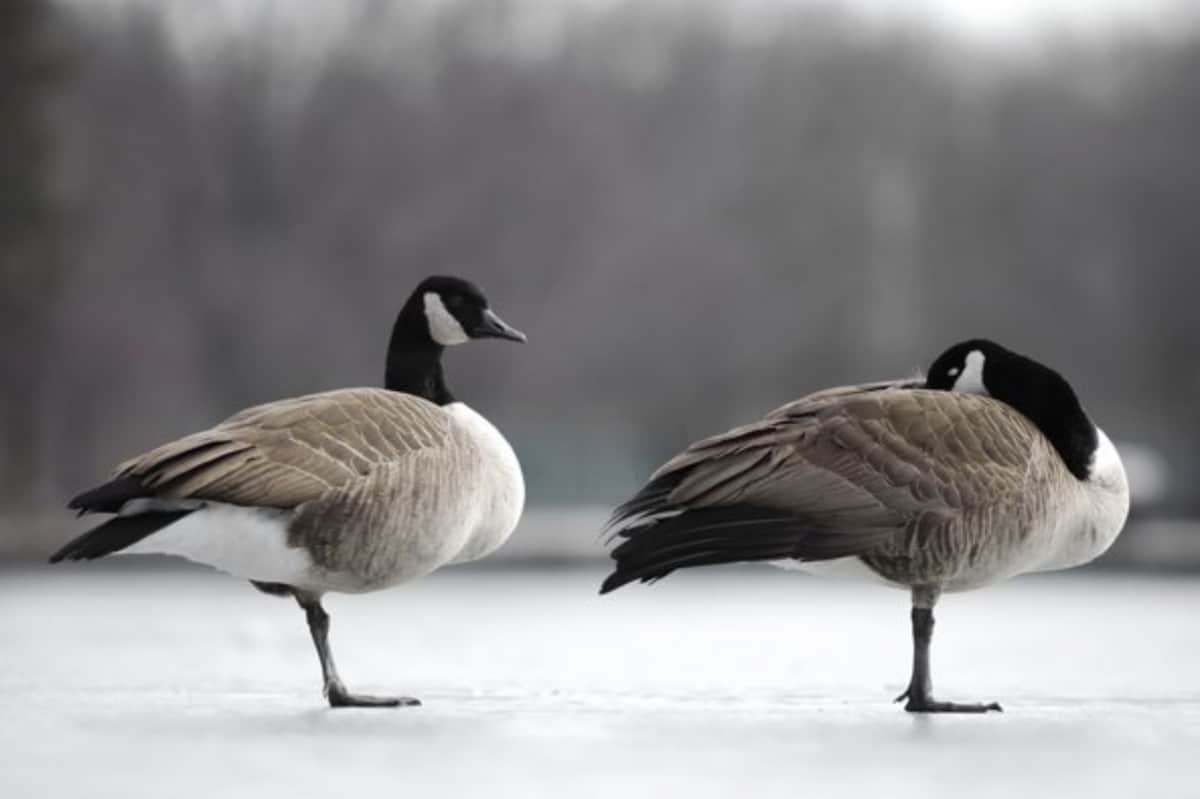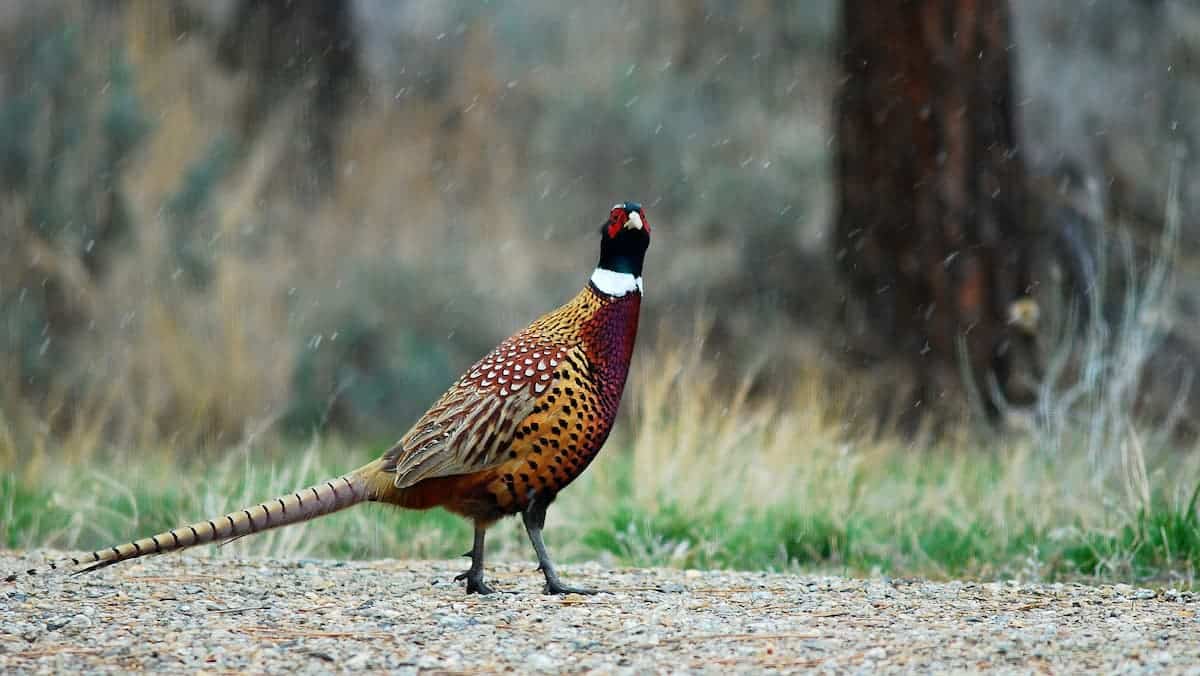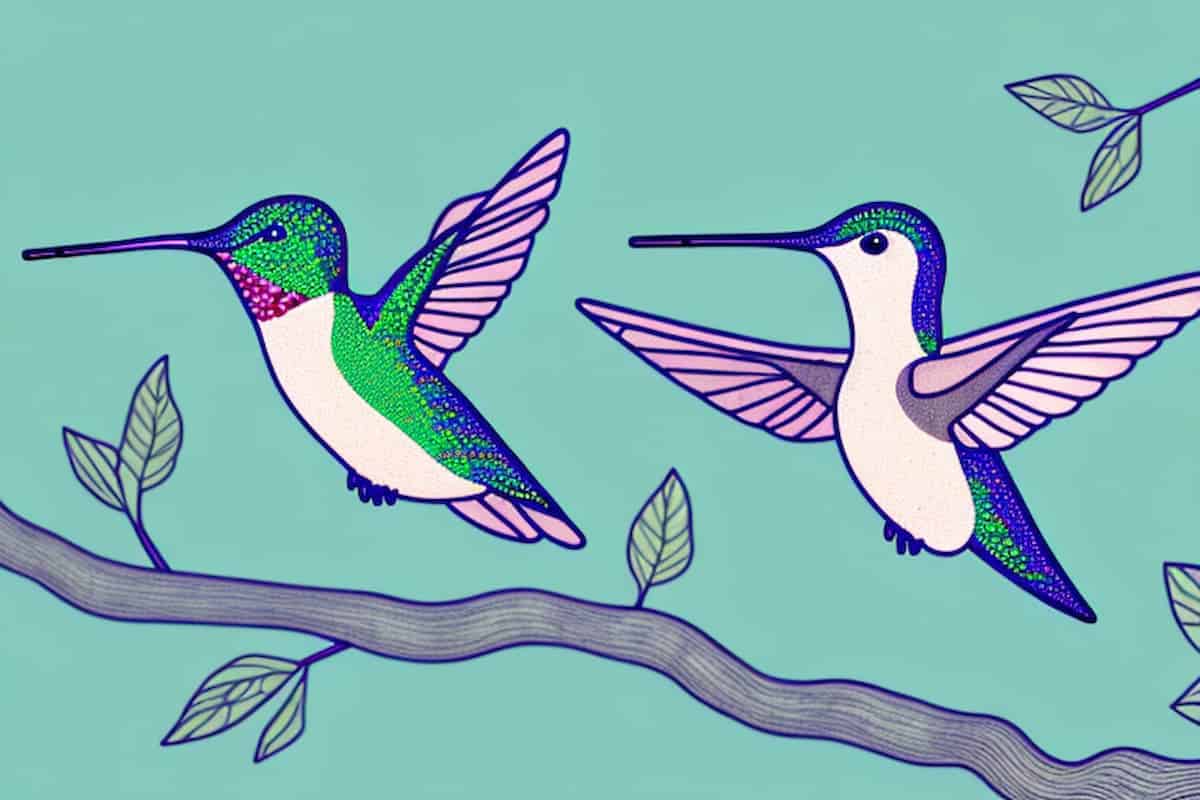Sleep is an important part of life for almost every living creature, and birds are not exception. But do birds really sleep? And if so, how much and when? This article will examine the sleeping habits and behaviors of birds, the science behind it, and some tips on how to ensure your pet bird gets plenty of restful shuteye.
How Do We Know if Birds Sleep?
When most of us think of sleep, we think of lying still with eyes shut for extended periods. However, in birds, understanding this behavior can be slightly more complex. Unlike mammals or other creatures, assessments of bird sleep have largely been observational. When observing birds, there are a few tell-tale signs that demonstrate a bird is sleeping: its eyes close and stay closed, it will sit still and pause preening activities, and its posture becomes relaxed.
In addition to these physical signs, researchers have also studied the brain activity of birds during sleep. By using electroencephalography (EEG) to measure brain activity, researchers have been able to identify two distinct states of sleep in birds: slow-wave sleep (SWS) and rapid eye movement (REM) sleep. During SWS, birds experience a decrease in brain activity, while during REM sleep, birds experience an increase in brain activity. By studying these two states of sleep, researchers have been able to gain a better understanding of how birds sleep.
What Are the Different Types of Bird Sleep?
Much like other animals, birds demonstrate multiple types of sleep. These include light sleep, deep sleep, slow-wave sleep (SWS), and rapid eye movement (REM) sleep. The presence of REM sleep in birds was discovered fairly recently; it was once believed that only mammals were able to experience REM sleep but recent studies have indicated that it can be exhibited during bird sleep as well.
The amount of time birds spend in each type of sleep varies depending on the species. For example, some species of birds may spend more time in light sleep than deep sleep, while others may spend more time in REM sleep than SWS. Additionally, the amount of sleep birds get can vary depending on the season, with some species sleeping more during the winter months than during the summer months.
How Much Time Do Birds Spend Sleeping?
A bird’s sleeping habits are largely dependent on their species type. Generally speaking, larger species tend to sleep for longer stretches than smaller species. However, this is not always the case; some birds such as parakeets and canaries sleep much longer than their size might suggest. Additionally, outdoor birds typically spend more time sleeping than indoor birds.
What Factors Influence Bird Sleep?
What and when a bird sleeps depends on a few contributing factors. Firstly, day length — or photoperiod — has an effect on the length of a bird’s sleep period; fewer hours of daylight leads to more extensive sleep sessions. Additionally, ambient temperature can affect how much sleep a bird needs and where it chooses to rest. Some other factors that may influence bird sleep include food availability, environmental disturbances, and social influences such as competition.
Do Birds Require Darkness and Silence To Sleep?
Just like us, birds need darkness and relative silence in order to get a good night’s rest. While some species such as owls are able to fall asleep almost instantly in response to low light, most birds prefer hunting and foraging during daylight hours. When the sun sets the majority of birds instinctively seek out sheltered, quiet places to rest for the night.
What Are the Benefits of Bird Sleep?
Adequate quality sleep is essential for any living creature — humans included — to stay healthy. For birds, proper rest is paramount in order to keep energy levels up and ensure an effective response to environmental cues. Moreover, deep sleep helps conserve energy by suppressing arousal and minimising external alarms. Furthermore, adequate good quality sleep is thought to be linked with extended lifespan for some animal species.
Are There Any Negative Effects of Too Much or Too Little Bird Sleep?
As with humans, too little or too much sleep can have negative effects on our feathered friends. When there is inadequate restfulness — due to disturbed sleep cycles or too long sleeping hours — concentration levels might drop, metabolism can become imbalanced and activity levels are often impaired. On the other hand, if too many sleeping hours are taken in comparison to their awake hours, poor digestion can arise — as well as weight gain associated with decreased energy expenditure.
How Can You Help Your Pet Bird Get a Good Night’s Rest?
As bird owners we all want our feathered friends to enjoy a healthy, happy lifestyle full of energy and enthusiasm. One of the best ways we can help ensure that our beloved pet birds get their recommended number of sleeping hours is by providing them with a comfortable place to roost — such as sleeping cages or aviaries — away from distractions such as television sets or loud noises. Additionally, make sure they have access to natural light when possible, keep their environment cool and clean at night, and offer ample amounts of healthy food throughout the day.
In conclusion, understanding the sleeping habits and behaviors of birds is an essential part of properly caring for these creatures. All birds require plenty of quality sleep in order to stay healthy and strong. With the right environment and routine it’s possible to help our feathered friends enjoy peaceful nights of restful shuteye.





